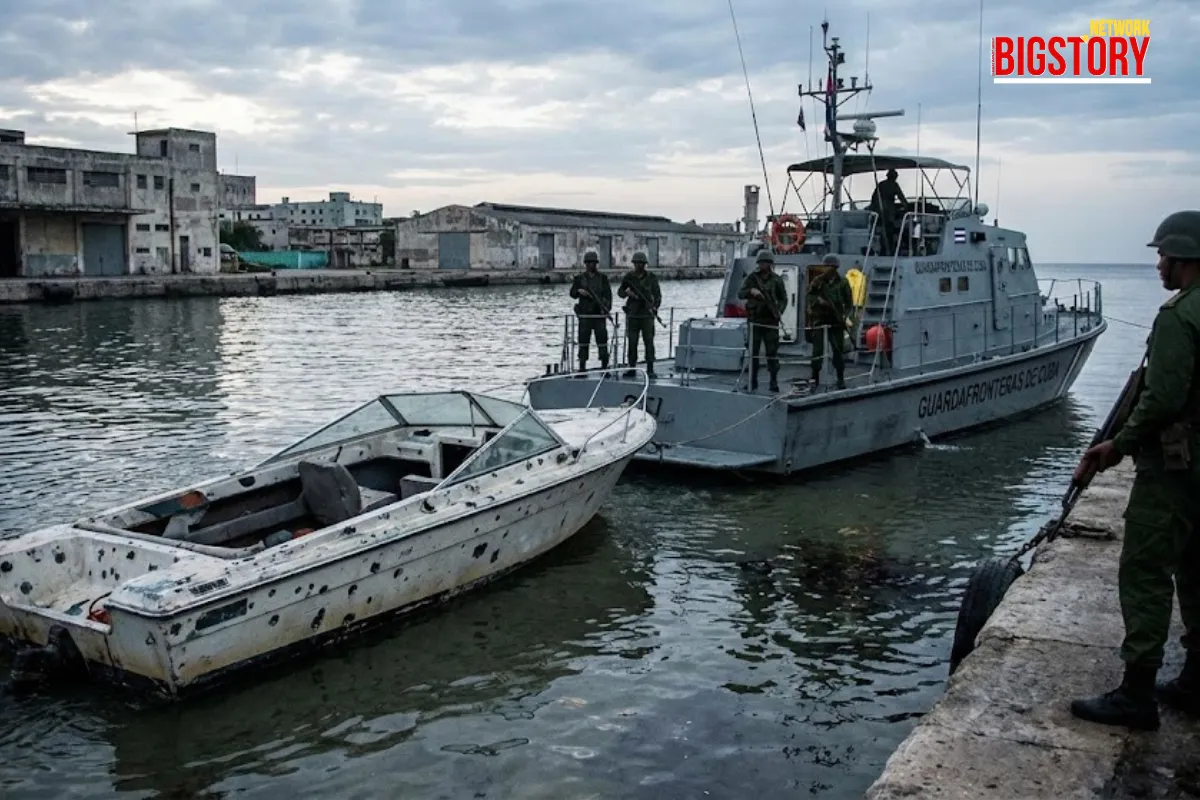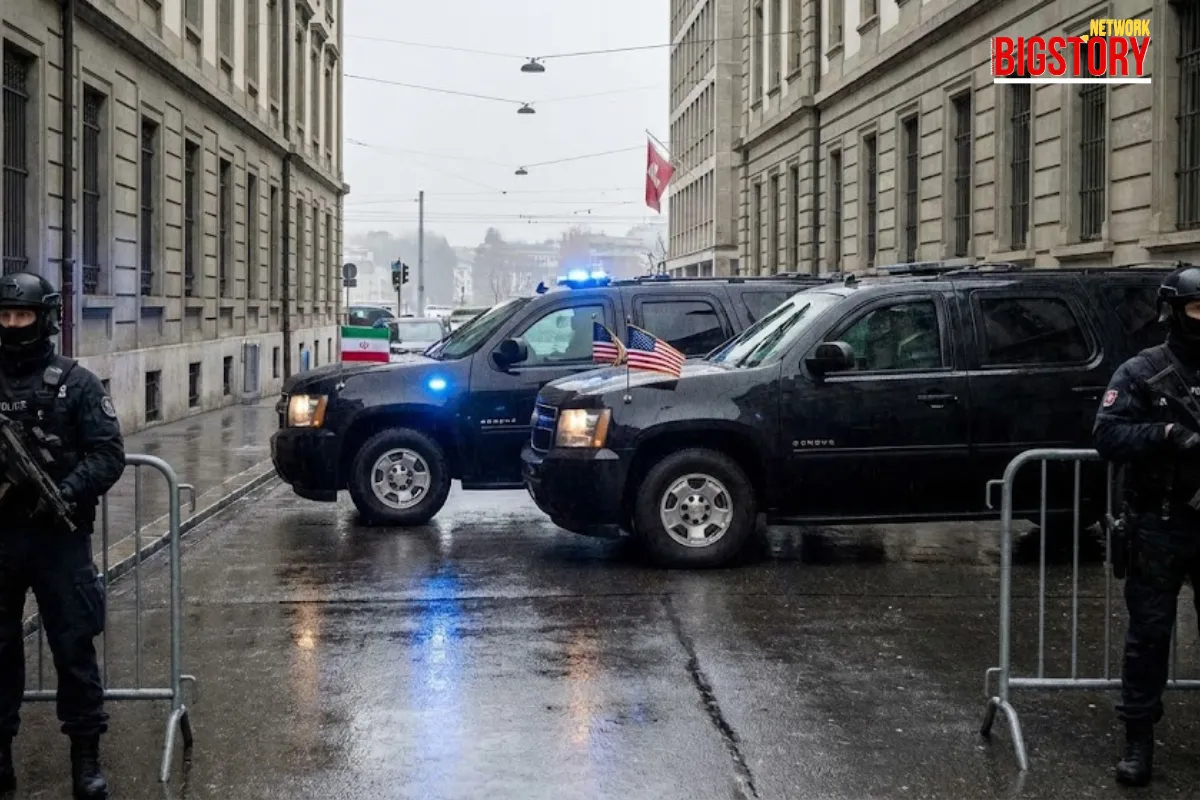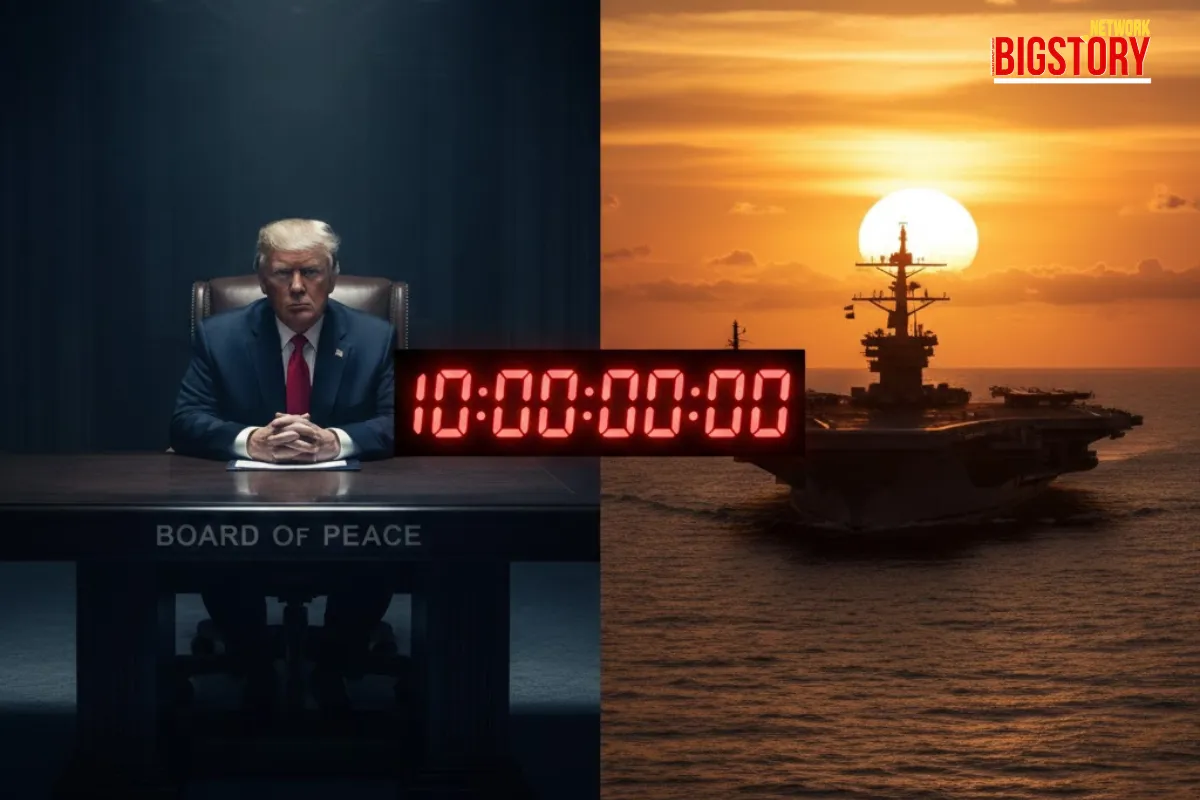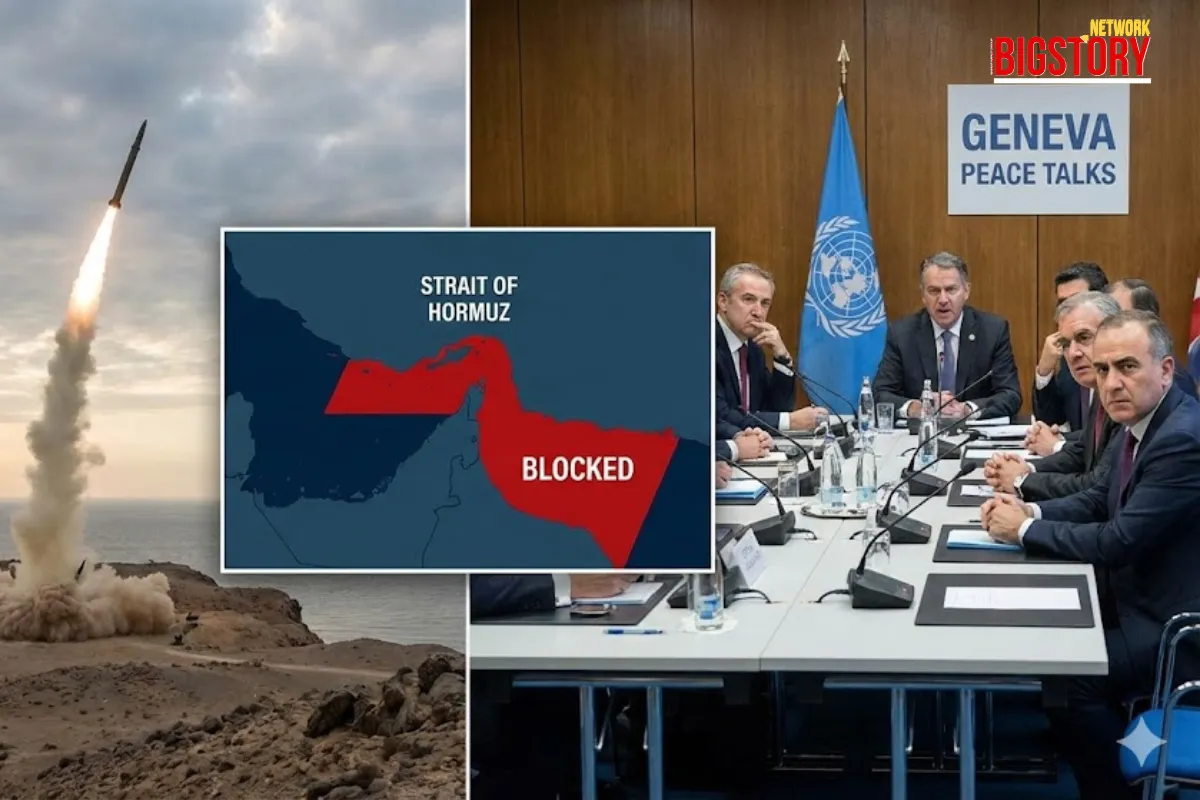Pakistan denies reports of offering the US investment in a $1.2B Pasni port near China’s Gwadar, reflecting deep geopolitical tensions in the Arabian Sea region.
 Sseema Giill
Sseema Giill
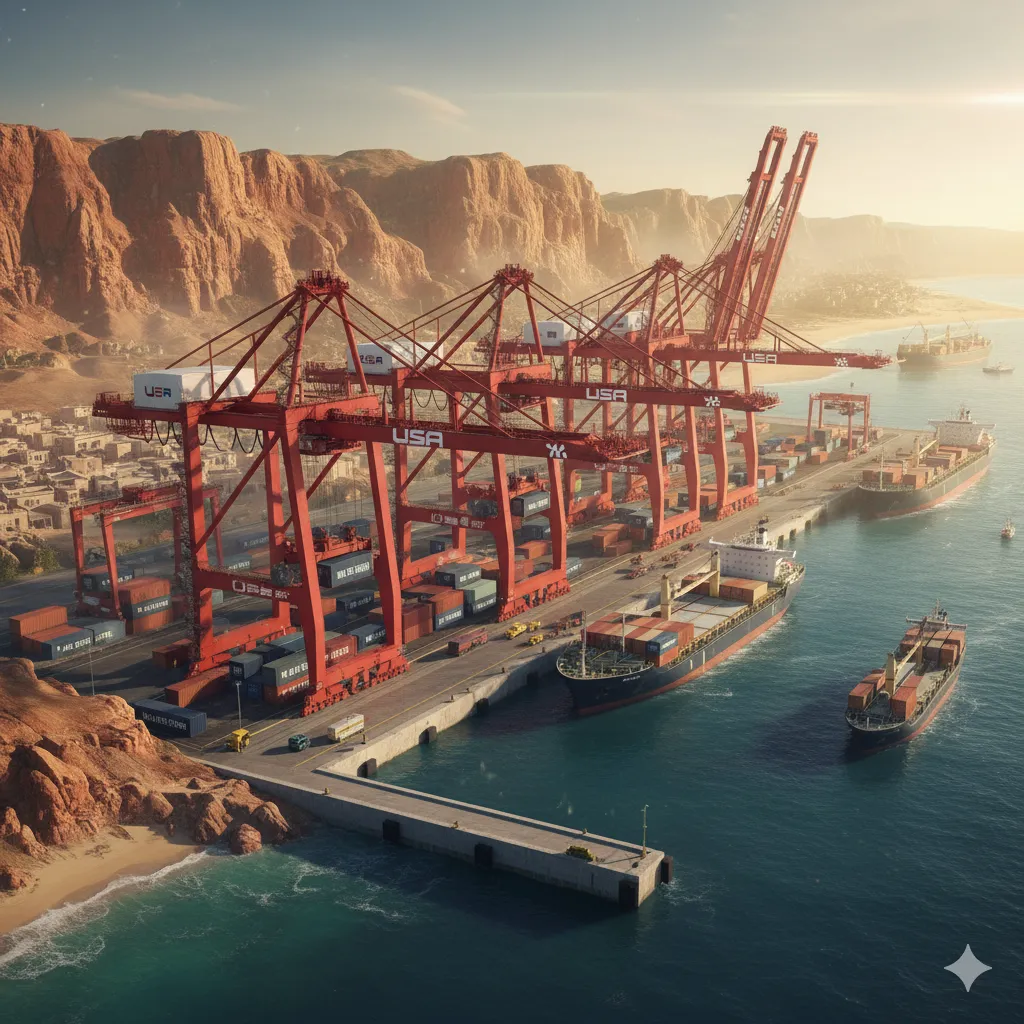
Reports that Pakistan’s military leadership pitched a $1.2 billion deep-water port project in Pasni, Balochistan, to the United States triggered a storm of speculation this week — before being flatly denied by Islamabad within 48 hours.
According to an initial report by the Financial Times, advisers to Pakistan’s Army Chief, Field Marshal Asim Munir, allegedly floated the proposal during private discussions following his September meeting with President Donald Trump at the White House. The plan envisioned turning the small coastal town of Pasni into a hub for exporting critical minerals such as copper, antimony, and rare earth elements vital to defense and battery technologies.
But by Sunday, Pakistan’s official line shifted sharply. A senior security official told state-run Pakistan TV that “Pakistan has not offered the United States access to a proposed port at Pasni”, calling the reports “purely exploratory” and reaffirming that “China is more important than anyone else.”
If true, the Pasni port project would represent a dramatic geopolitical play — a potential US entry point just 70 miles from China’s Gwadar port, the flagship of Beijing’s $62 billion China–Pakistan Economic Corridor (CPEC).
The proposed plan reportedly included:
Sources cited by Financial Times described the blueprint as a move to “counterbalance Gwadar and expand US influence in the Arabian Sea and Central Asia.”
The swift Pakistani denial is widely seen as a signal to Beijing, whose deep involvement in Gwadar makes any rival port politically explosive. China’s China Overseas Ports Holding Company operates Gwadar and has invested over $250 million since 2007.
As one senior Pakistani source told News18,
“Pakistan is committed to the China–Pakistan Economic Corridor. No port or any other national asset has been offered to the US.”
Chinese media outlets have so far avoided direct commentary, but analysts suggest Beijing is monitoring developments closely, wary of a potential US foothold in its Belt and Road backyard.
The reports surfaced shortly after Field Marshal Asim Munir and Prime Minister Shehbaz Sharif’s closed-door meeting with Donald Trump in Washington. In a highly symbolic gesture, Munir reportedly gifted Trump a box containing samples of Pakistan’s rare earth minerals, highlighting Islamabad’s desire to market its vast mineral reserves.
The proposal aligns with Pakistan’s broader effort to diversify partnerships beyond China, which include:
Yet, Pakistan’s $29 billion debt to China and reliance on CPEC infrastructure make such diversification politically risky.
Strategically, Pasni’s location is extraordinary:
This cluster of high-stakes infrastructure projects along the Arabian Sea coast makes Balochistan one of the world’s most sensitive maritime zones.
Vice Admiral Shekhar Sinha (Retd), former chief of India’s Western Naval Command, told EurAsian Times:
“The US doesn’t need Pasni for regional control. Its 5th Fleet in Bahrain already dominates the Arabian Sea.”
Meanwhile, Commodore Anil Jai Singh (Retd) warned:
“China will not let Pakistan give naval base facilities to the US so close to Gwadar. This project is fraught with strategic risk.”
Inside Pakistan, opposition MPs are questioning the military’s growing role in economic deals. Several lawmakers accused the Army of “violating the 18th Amendment”, which reserves mineral rights for provinces, and “bypassing parliament in national asset decisions.”
The Prime Minister’s Office, Foreign Ministry, and Army Headquarters have not issued formal statements, a silence that analysts interpret as an attempt to avoid antagonizing either Washington or Beijing.
Even as a rumor, the Pasni proposal has:
For India, the episode underscores a growing three-way rivalry along the Arabian coast — Chabahar (India–Iran), Gwadar (China–Pakistan), and Pasni (Pakistan–US) — reshaping maritime geopolitics in the region.
Ultimately, the Pasni port controversy reflects the new face of global competition — not over ideology or bases, but over minerals, supply chains, and access corridors.
Whether or not Pakistan truly made the offer, the speed of the denial underscores one fact:
Islamabad’s strategic space remains tightly bound to Beijing.






Sign up for the Daily newsletter to get your biggest stories, handpicked for you each day.
 Trending Now! in last 24hrs
Trending Now! in last 24hrs
